
Venezuela’s Maduro asks top court to audit the presidential election, but observers cry foul
On August 1, 2024 by editor1 Standard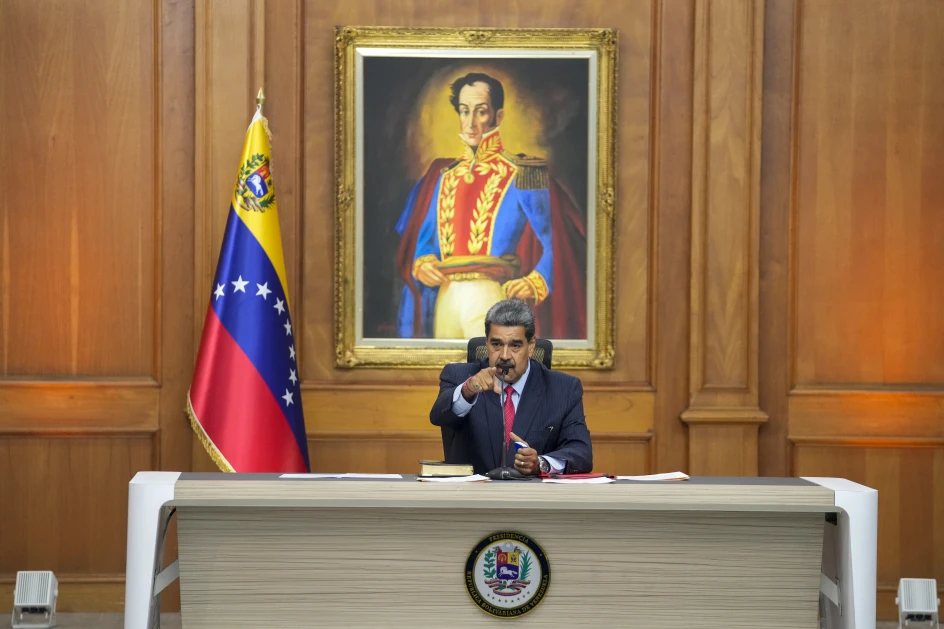
CARACAS, Venezuela (AP) — On Wednesday, President Nicolás Maduro requested that Venezuela’s high court conduct an audit of the recent presidential election. This request follows disputes from opposition leaders over his claimed victory and criticism from international observers who argue that the court is too closely aligned with the government to provide an independent review.
Maduro announced that his ruling party is prepared to make all vote tally sheets from Sunday’s election available for scrutiny. “I submit myself to justice,” he stated outside the Supreme Tribunal of Justice in Caracas, expressing his readiness to be questioned and investigated.
This marks Maduro’s first move toward addressing calls for greater transparency regarding the election. However, the Supreme Tribunal of Justice, which is responsible for overseeing the audit, is seen as closely tied to Maduro’s administration. Its justices are nominated by government officials and confirmed by the National Assembly, which is heavily supportive of Maduro.
The Carter Center, which had a delegation in Venezuela to observe the election, criticized Maduro’s request for an audit, arguing that the court is not positioned to offer an impartial assessment. Jennie K. Lincoln, who led the Carter Center delegation, stated, “You have another government institution, which is appointed by the government, to verify the government numbers for the election results, which are in question. This is not an independent assessment.”
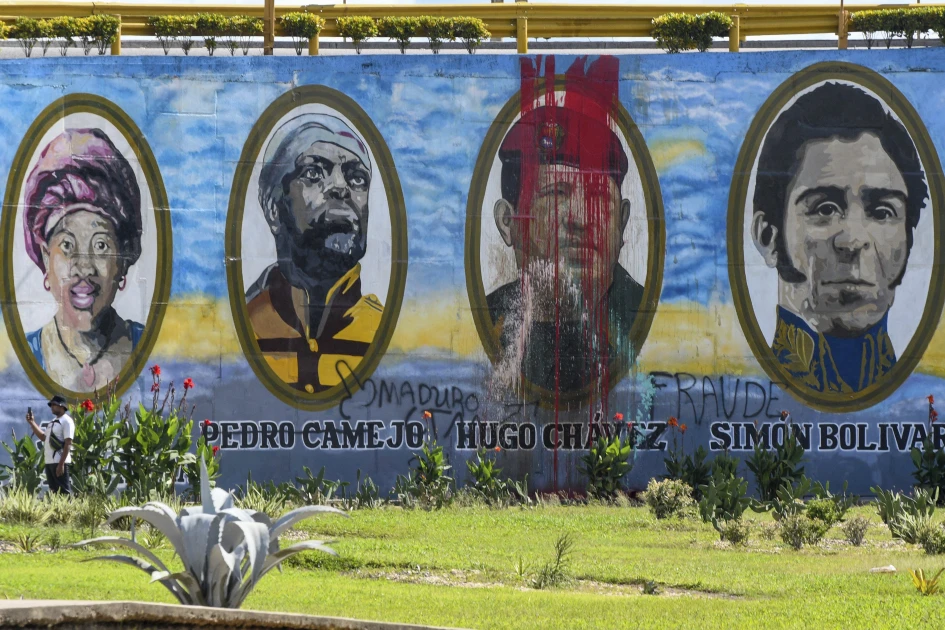
The Carter Center, based in Atlanta, announced Tuesday night that it could not verify the results of Venezuela’s recent presidential election and criticized the process for what it described as a “complete lack of transparency” surrounding the declaration of Maduro as the winner. The center had been permitted to send 17 observers to monitor the election.
Edmundo González, Maduro’s main opponent, along with opposition leader María Corina Machado, claim to have obtained more than two-thirds of the tally sheets from electronic voting machines, which they argue will prove that Maduro did not win.
Maduro, in response, alleged that his government was the target of a conspiracy and that the electoral system was hacked. At a subsequent press conference, he explained that the National Electoral Council had faced attacks, including cyber-attacks, which he said were being addressed by engineers, though he provided no further details.
The government has released videos purportedly showing attacks on and fires at electoral offices. The Associated Press could not immediately verify these images. Attorney General Tarek William Saab reported that over 1,000 people associated with these attacks have been arrested.
Since the election, there has been increasing pressure on Maduro. The National Electoral Council, which is aligned with his United Socialist Party of Venezuela, has not yet released detailed results by voting machine, a departure from its practice in previous elections.
Colombian President Gustavo Petro, a known ally of Maduro, joined other foreign leaders in calling for the release of detailed vote counts. On the social platform X, Petro warned that unresolved doubts about the electoral process could lead to severe polarization and division within Venezuela. He urged the Venezuelan government to ensure a transparent vote count and allow for comprehensive international supervision.
Petro also suggested that an agreement between Maduro’s government and the opposition could be presented to the United Nations Security Council to ensure respect for the political forces involved. His comments followed similar calls from Brazilian President Luiz Inácio Lula da Silva and U.S. President Joe Biden for the immediate release of detailed and transparent voting data at the polling station level.
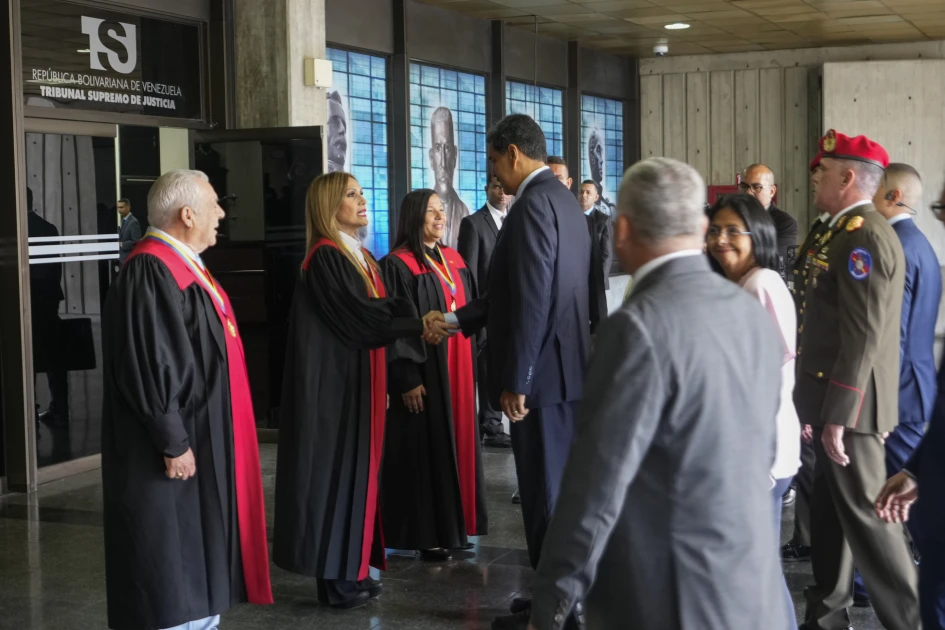
On Wednesday, Brazil’s presidential office declined to comment on whether an audit by the Supreme Tribunal of Justice would provide an independent verification of the election results. Instead, it referenced a statement from the Ministry for Foreign Relations issued on Monday, which emphasized the need for the National Electoral Council to release detailed data by polling station to ensure transparency, credibility, and legitimacy in the election results.
President Luiz Inácio Lula da Silva expressed that increased transparency could enhance Maduro’s chances of governing peacefully in Venezuela.
The Organization of American States (OAS) held an extraordinary session on Wednesday to discuss the Venezuelan election. However, the members could not agree on a resolution to demand the immediate release of detailed voting results and verification by international observers. The resolution received 17 votes in favor, falling one vote short of the required majority for adoption. Eleven countries abstained from voting, and five were absent.
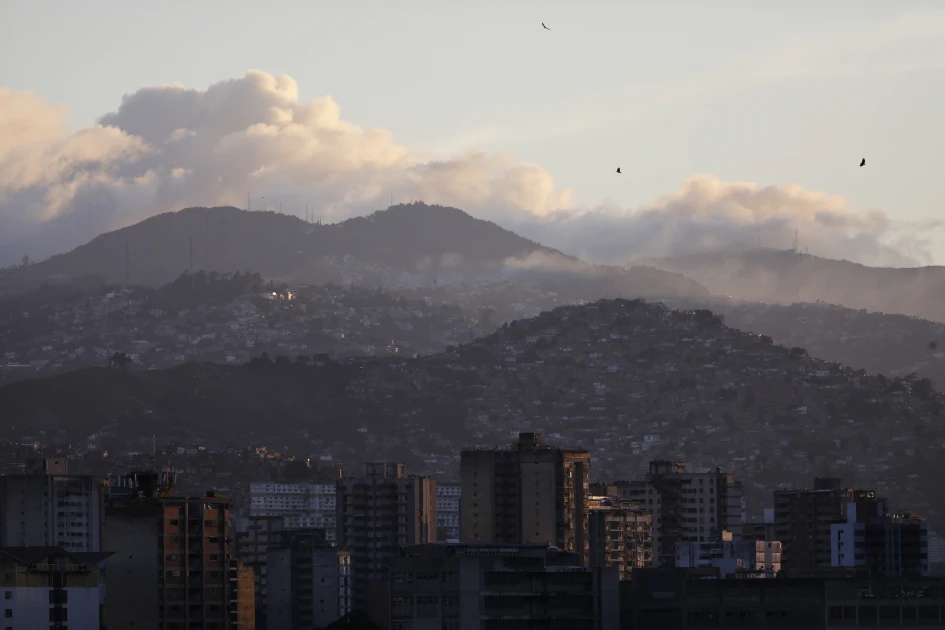
According to opposition leader María Corina Machado, vote tallies she has obtained indicate that Edmundo González received approximately 6.2 million votes, while Nicolás Maduro received about 2.7 million. This contrasts sharply with the National Electoral Council’s reported results, which show Maduro with 5.1 million votes and González with over 4.4 million.
Venezuela, which holds the world’s largest proven crude oil reserves and once had Latin America’s most advanced economy, has faced severe economic decline since Nicolás Maduro took office in 2013. Falling oil prices, widespread shortages, and hyperinflation exceeding 130,000% have led to significant social unrest and a mass exodus of people.
Since 2014, over 7.7 million Venezuelans have left the country, making it the largest migration crisis in recent Latin American history. Many of these migrants have settled in Colombia.
European Union foreign affairs chief Josep Borrell, speaking in Vietnam on Wednesday, stated that the EU will not recognize Maduro’s election victory without independent verification of the voting records. He emphasized that such verification should have been provided immediately as part of a democratic electoral process.
Following the electoral council’s announcement of Maduro’s victory, thousands of protesters took to the streets of Caracas and other cities. The protests, which continued into Tuesday, sometimes turned violent, with law enforcement using tear gas and rubber bullets in response.
The Venezuelan human rights organization Foro Penal reported that 11 people, including two minors, were killed in the unrest related to the election.
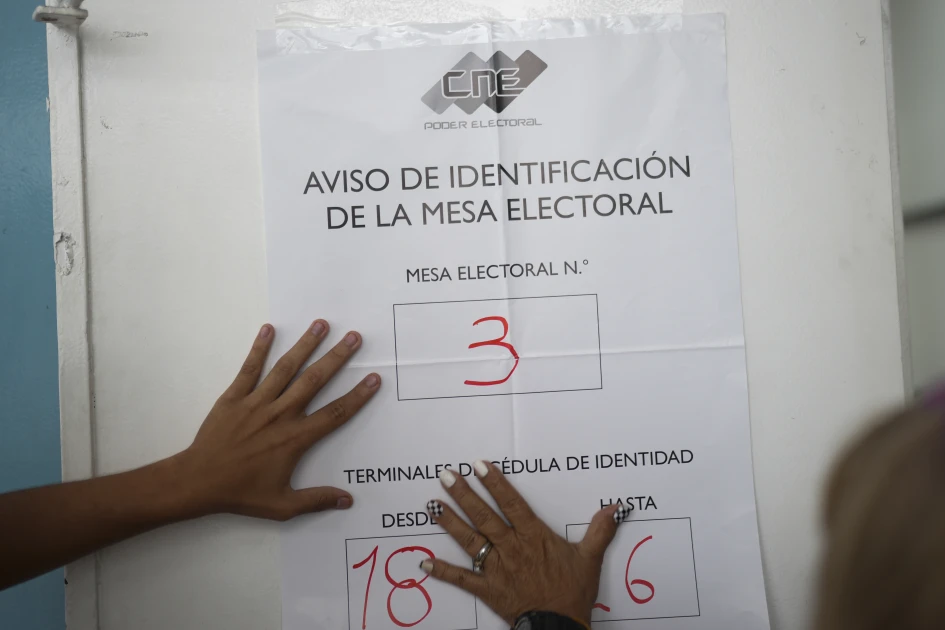
Maduro’s closest allies quickly rallied to his defense. National Assembly President Jorge Rodríguez, who has played a key role in negotiations with the U.S. and opposition groups, affirmed Maduro’s victory and labeled his opponents as violent extremists. Rodríguez called for the arrest of María Corina Machado and Edmundo González.
In response, Machado and González urged their supporters to remain peaceful.
“I ask Venezuelans to continue in peace, demanding that the results be respected and that the tally sheets be released,” González stated on X. “This victory, which we all share, will bring us together and help reconcile our nation.”
You may also like
Archives
Calendar
| M | T | W | T | F | S | S |
|---|---|---|---|---|---|---|
| 1 | ||||||
| 2 | 3 | 4 | 5 | 6 | 7 | 8 |
| 9 | 10 | 11 | 12 | 13 | 14 | 15 |
| 16 | 17 | 18 | 19 | 20 | 21 | 22 |
| 23 | 24 | 25 | 26 | 27 | 28 | 29 |
| 30 | ||||||
Leave a Reply